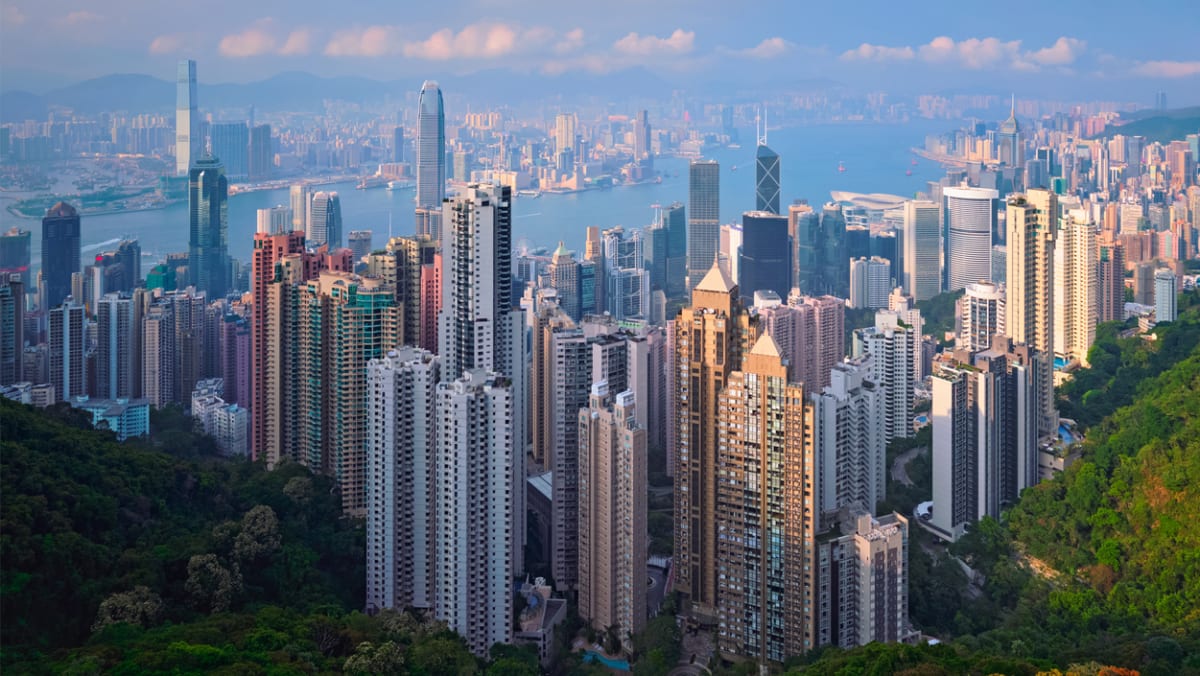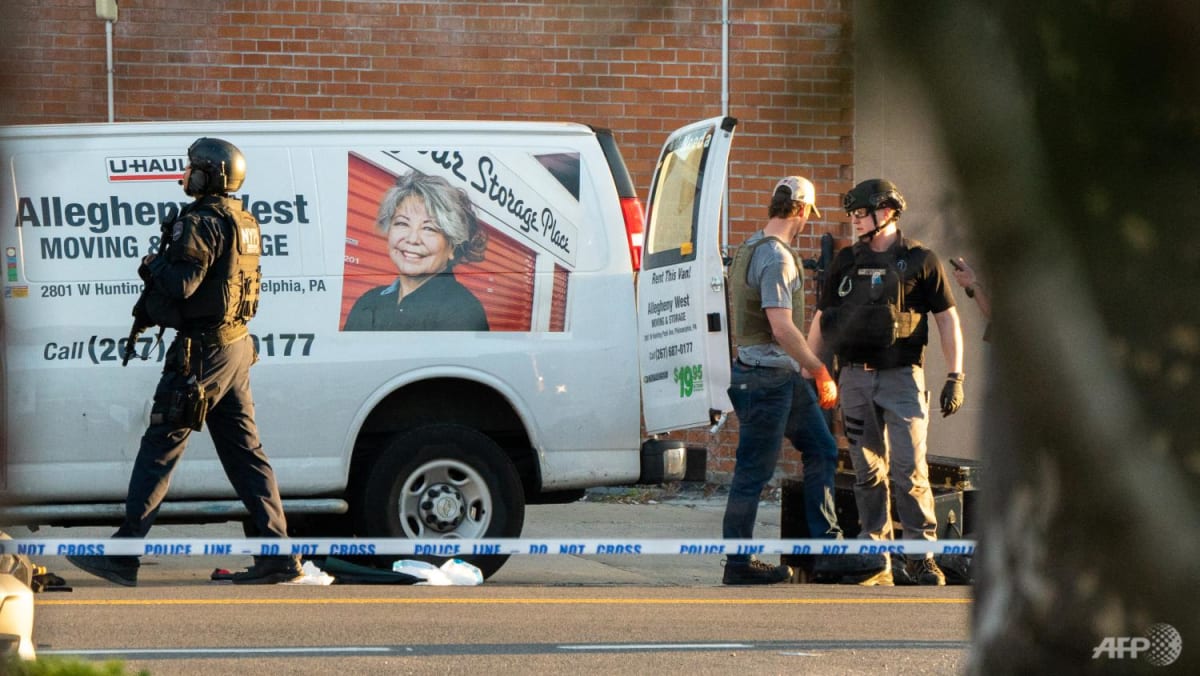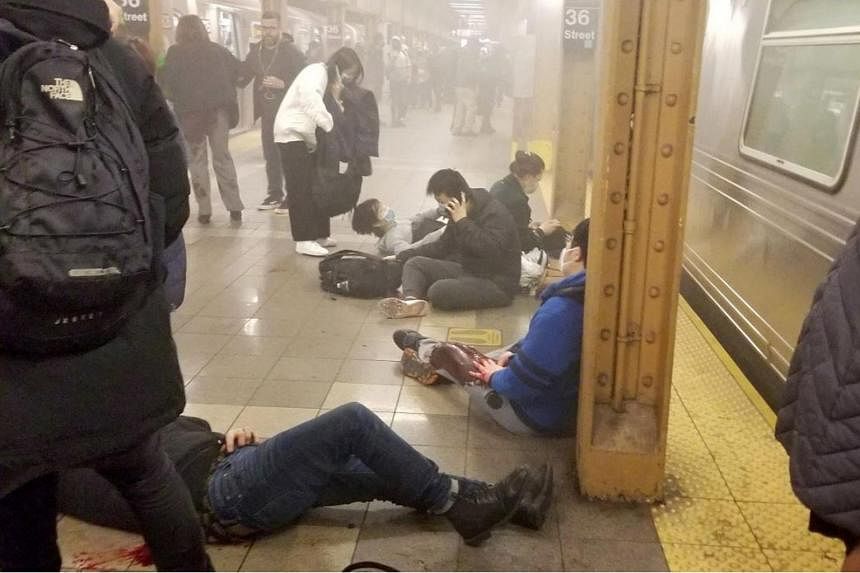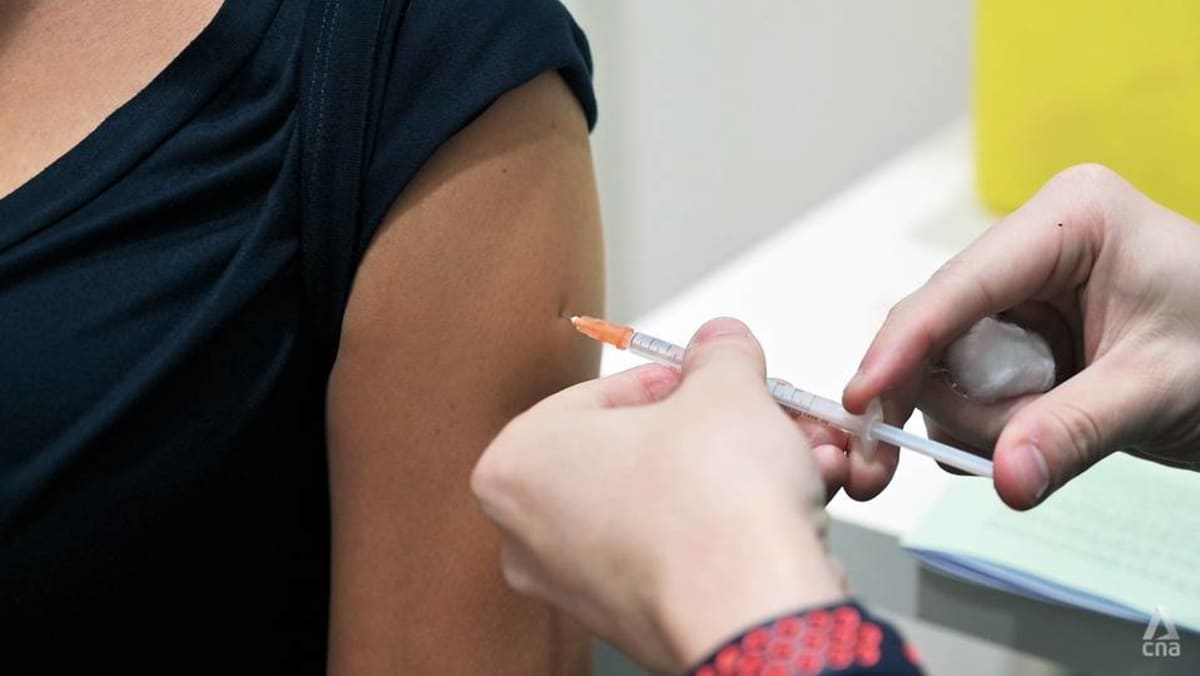
The world’s least affordable housing market is in a rut.
Hong Kong home prices have fallen more than 6 per cent since a peak in August, with no quick recovery in sight as residents leave the city at record rates.
Some analysts are predicting another 20 per cent slump by 2025 due to rising mortgage rates and a slowing economy.
Even habitually bullish local agents are expecting that prices will be sluggish for most of the year.
Sales activity has dripped to a two-year low, and COVID-19 restrictions have put a damper on viewings.
Property owners are hoping that the dip isn’t a sign of more pain to come, as the city grows ever-closer with Beijing and its future as a financial capital is called into question.
“I have never seen the property market as quiet in more than 15 years of buying and selling,” said Ada Chan, 42, who is trying to sell her three-bedroom apartment near the University of Hong Kong.
The place has been on the market for more than a year, a remarkable length of time in a city where residents treat property investment with religious fervour.
Chan bought the 500-square-foot apartment for HK$17 million (US$2.17 million) in 2018, and she thought it would be worth HK$18.5 million when she listed it. Now, she’s willing to take what she paid. “I’m just hoping it to be a tie game,” she said.
“The market has mostly priced in impact from COVID-19,” Chan said. “It is the political situation and economic uncertainties which make buyers hesitant, like the interest rate hikes.”
But Ivan Wong, sales director at property agency United Properties, says he thinks the recent downward trend is entirely COVID-related.
He thinks there is pent-up demand that will speed up transactions in the coming weeks. “There are too many unknowns to move property prices up in the short term,” Wong said, adding that he sees potential upside in the fourth quarter.
Hong Kong is one of a number of cities in Asia where the property boom appears to be on ice, and Hong Kong’s currency peg to the dollar means local rates will climb. Meanwhile, home prices in the US and UK have continued to soar in the face of rising mortgage rates.
Sellers aren’t used to taking a hit on their investment in Hong Kong property, after a remarkable run over the past two decades. Home values in the city increased 449 per cent since a trough in 2003, compared with about 100 per cent in the U.S. Last year, an apartment in the exclusive Peak area set a record when it was sold for HK$640 million.
Many will still do well. More than 95 per cent of apartments sold in January went for more than the owner originally paid, though it was the lowest figure since 2010, according to Ricacrop Properties Ltd.
That means some will still be satisfied taking less than they had hoped for.
David Gibson, a 49-year-old logistics expert from New Zealand, bought his two-bedroom apartment in Mid-Levels in 2013 for HK$12.5 million, then spent HK$1.4 million on renovations.
He listed the 1,300-square-foot apartment for HK$24.5 million in December, but he has only had 10 viewings since then and no offers.
“It’s been the worst possible time to put the house on the market,” he said.
He says any offer north of HK$23 million would be a good deal for him, though he’s not in a rush. He isn’t planning on leaving for another five years but wants to move his equity out.
The shrinking pool of potential buyers isn’t making things any easier.
People started reconsidering their stay in Hong Kong after pro-democracy protests erupted in 2019. In response to the political activism, Beijing imposed a national security law that clamped down on speech and demonstration.
Then, Hong Kong implemented strict measures and quarantine requirements to try to keep COVID-19 out of the city completely.
But the effort collapsed when the Omicron variant swept through a population where about half of the elderly people weren’t vaccinated, pushing total coronavirus-attributable deaths to more than 8,800.
Eagle Fung is one of the many Hong Kong residents leaving. A retiree in her late 50s, Fung dropped the price on her apartment in Kowloon to HK$4.4 million. She wants to sell before moving to the UK with her family in the summer.
The Chinese government’s increasing influence within Hong Kong society prompted her family to rethink the future, Fung said.
“You can’t fight against the country as a regular citizen,” she said, reflecting the view of residents disappointed with the outcome of protests three years ago.
“If you can’t change the government, you can change yourself, and choose a path that you find comfortable.”
She’s willing to drop the price a few percent, which will still provide a hefty profit, given that she bought the property for less than a quarter of what she’s asking. She hasn’t received any offers that she considers reasonable.
In a city where apartments barely bigger than a parking space sell for US$645,000, and parking spots alone go for over US$1 million, officials are racing to build to ease the supply crunch.
The number of new homes built in Hong Kong this year may surge to the highest level since 2005, according to Bloomberg Intelligence. And there are plans for an entire new mega-district in the north that would house 2.5 million people.
The dip in prices is providing an opportunity for buyers, especially those who have faith in the city’s future.
Greg Cheung, 37, is looking to buy his first property in the city. He wants to stop wasting money on rent and sees real estate as a safer bet than stocks.
His optimism has slipped, but he thinks that Hong Kong’s fundamentals will keep it competitive. “Hong Kong will still be one of the top 10, if not top five cities in Chinese society,” Cheung said.
Gibson, too, thinks the city will pull ahead.
“Although there is downward pressure in general, overall I’m optimistic that Hong Kong is going to recover,” he said. “It has that resilience.”
https://news.google.com/__i/rss/rd/articles/CBMibWh0dHBzOi8vd3d3LmNoYW5uZWxuZXdzYXNpYS5jb20vYXNpYS9ob25nLWtvbmctaG9tZS1wcmljZXMtc2VsbGVycy13b25kZXItaG93LWxvdy1hc2tpbmctYmlkcy13aWxsLWdvLTI2MjMyMjHSAQA?oc=5
2022-04-13 04:10:12Z
CBMibWh0dHBzOi8vd3d3LmNoYW5uZWxuZXdzYXNpYS5jb20vYXNpYS9ob25nLWtvbmctaG9tZS1wcmljZXMtc2VsbGVycy13b25kZXItaG93LWxvdy1hc2tpbmctYmlkcy13aWxsLWdvLTI2MjMyMjHSAQA




